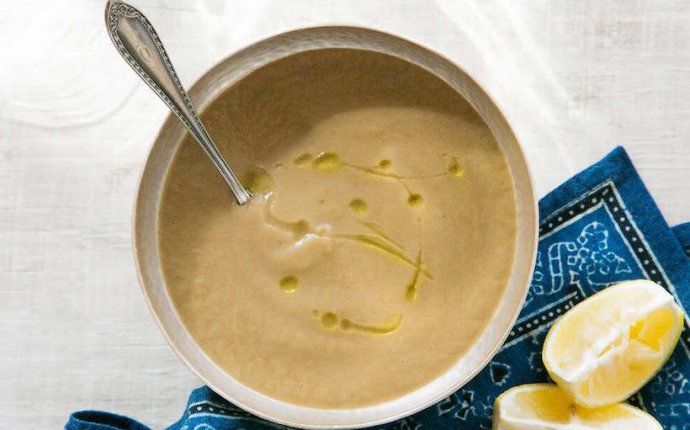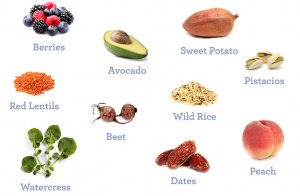
Ayurveda Vata Diet List

Fruits
Fruits that pacify vata will generally be sweet and nourishing. While some raw fruit is appropriate, cooked or stewed fruits are easier to digest and offer additional warmth, moisture, and sweetness – which makes them even more beneficial for vata. Fruits to avoid are those that are exceptionally cooling, astringent (drying), or rough, which includes most dried fruit (unless it has been soaked or cooked to rehydrate).
And remember, fruits and fruit juices are best enjoyed alone – 30 minutes before, and ideally at least 1 hour after, any other food. This helps to ensure optimal digestion. Note: this rule does not apply to fruits that we typically consider vegetables (avocados, cucumbers, tomatoes, etc.). You will find these fruits listed among the “vegetables.”
|
Favor |
Avoid |
|---|---|
|
|
Vegetables
Vegetables that pacify vata will generally be sweet, moist, and cooked. Root vegetables are especially beneficial because they grow underground, and are therefore supremely grounding and stabilizing for vata. Avoid exceptionally dry, rough, and cold vegetables, including most raw vegetables. If you must have raw veggies, a salad, or any of the vata-aggravating vegetables, keep the quantities small and eat them at mid-day, when digestive strength is at its peak. A really thorough cooking or a well-spiced, oily dressing will help to offset some of the dry, rough qualities of these foods.
|
Reduce or Avoid |
|
|---|---|
|
|
Grains
Grains that pacify vata are generally sweet, nourishing, easily digested, and well cooked. Mushy grains and puddings (things like oatmeal, cream of wheat and rice pudding) exemplify the smooth quality and, when sweetened and spiced, are often delicious comfort foods. Avoid grains that are exceptionally light, dry, or rough, or especially dense and heavy. It is one or more of these qualities that gives the grains in the “avoid” column below, their capacity to disturb vata.
|
|
Legumes
Vata can enjoy a narrow selection of legumes, provided they are well-cooked and well-spiced. The beans that work best for vata are a little less dense, rough, and dry, than other legumes. They tend to cook relatively quickly, are easily digested, and offer a grounding, nourishing quality. Many other beans are simply too dry, rough, and hard for vata’s delicate digestion.
|
Dairy
Dairy products are generally quite balancing for vata, but it’s good to avoid highly processed preparations (like powdered milk), and especially cold dairy products. For example, boiled cow’s milk (ideally a non-homogenized variety) spiced with cinnamon and nutmeg, sweetened if desired, and served hot, is a tonic for vata, whereas cold cow’s milk may be too difficult for many to digest. As a rule, dairy milks (cow’s milk, goat’s milk, sheep’s milk, etc.) should be taken at least one hour before or after any other food. For this reason, avoid drinking milk with meals. Almond and rice milks are good substitutes, if you need to combine milk with other foods, or if you don’t digest dairy milks well.
|
|
Nuts & Seeds
In moderation, all nuts and most seeds are pacifying to vata. They are oily, nutritious, and they offer a power-packed combination of proteins and fats that’s highly beneficial to vata. That said, nuts and seeds are quite heavy and should be eaten in small quantities so as not to overwhelm vata’s fickle digestive capacity.
|
Meat & Eggs
Vata does well with eggs and a variety of different meats, if you choose to eat them. That said, vata can be easily be pacified without these animal foods, if your diet doesn’t already include them. If you do eat meat, the meats to favor are those that are nourishing, sweet, moist, and relatively easy to digest. Meats to avoid tend to be either too light and dry, or too heavy, for vata.
|
|














